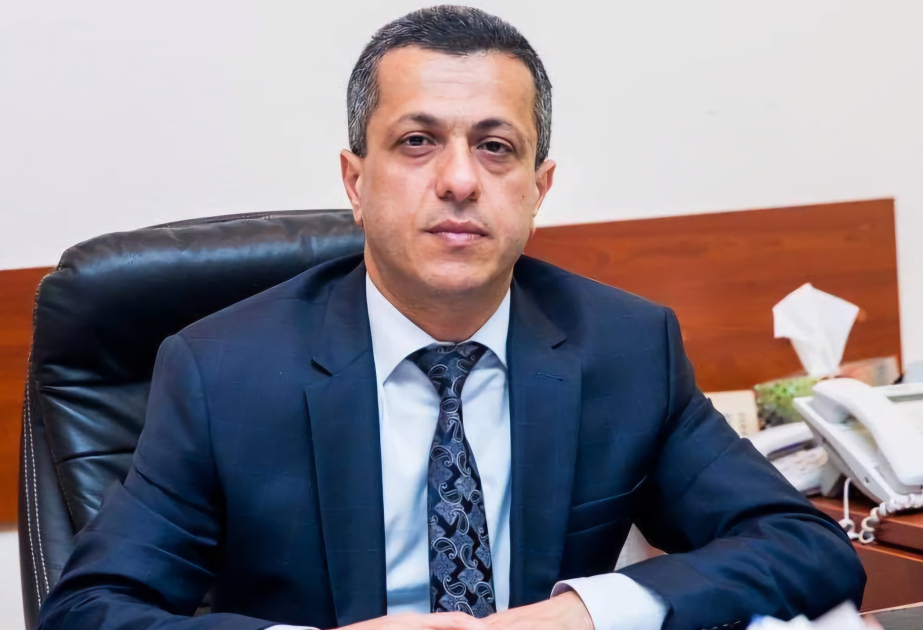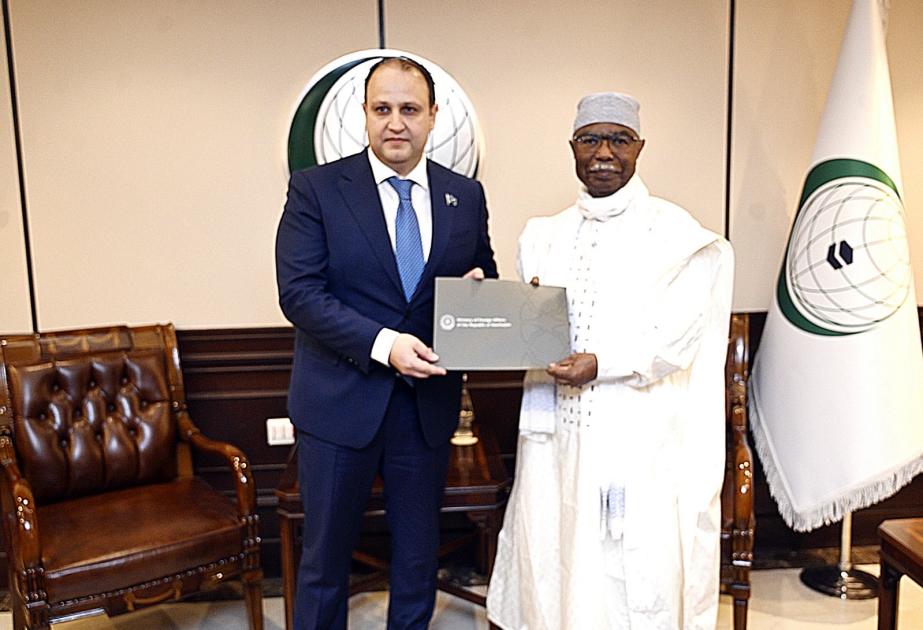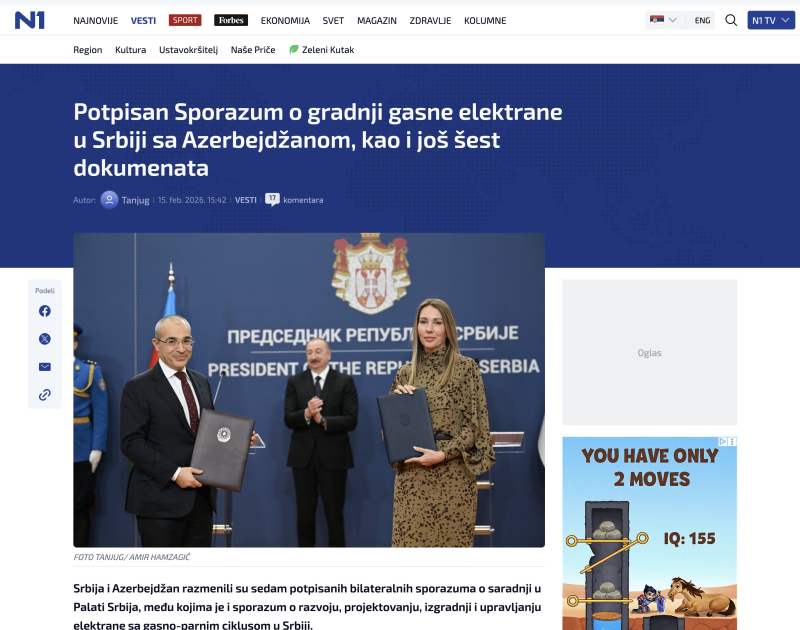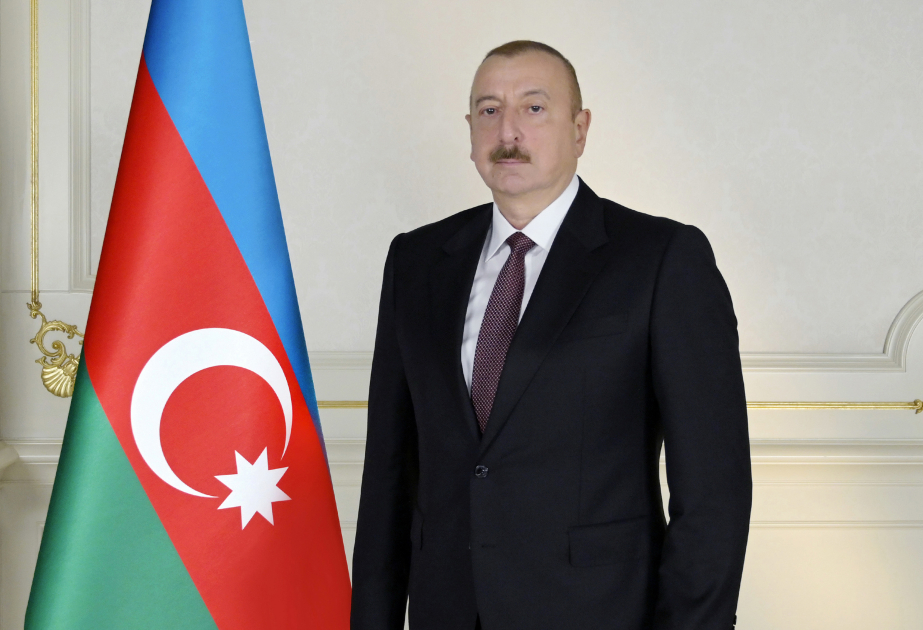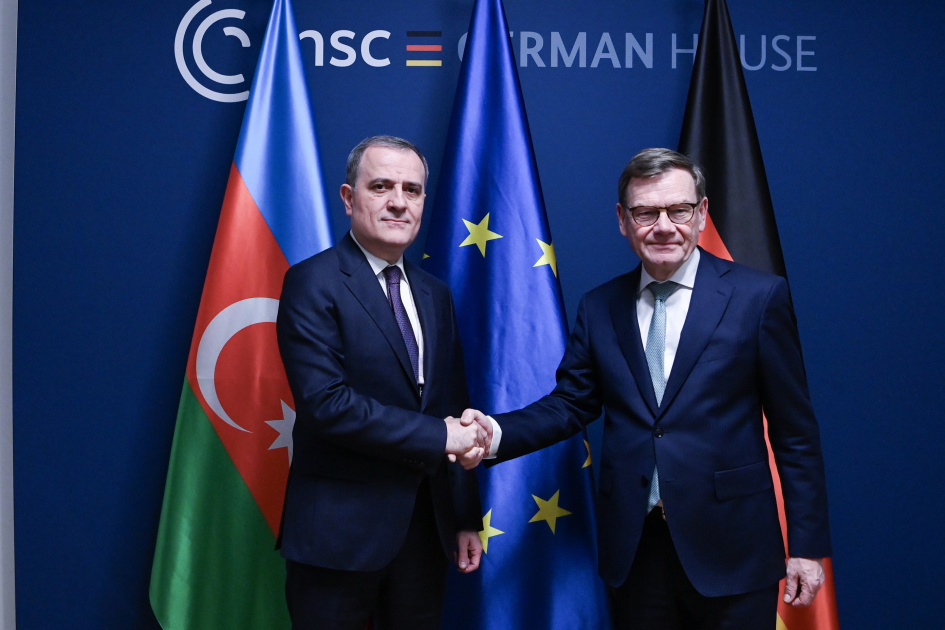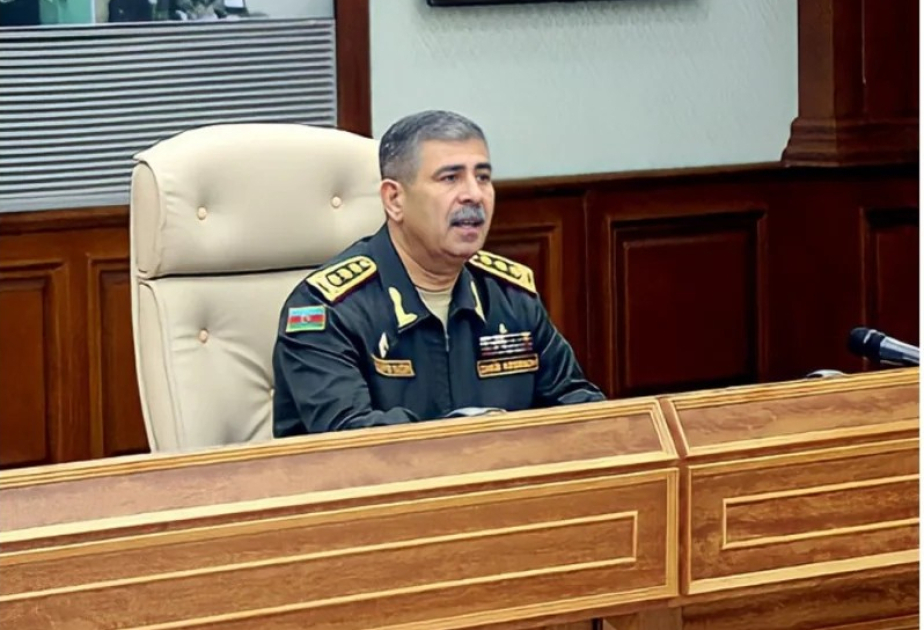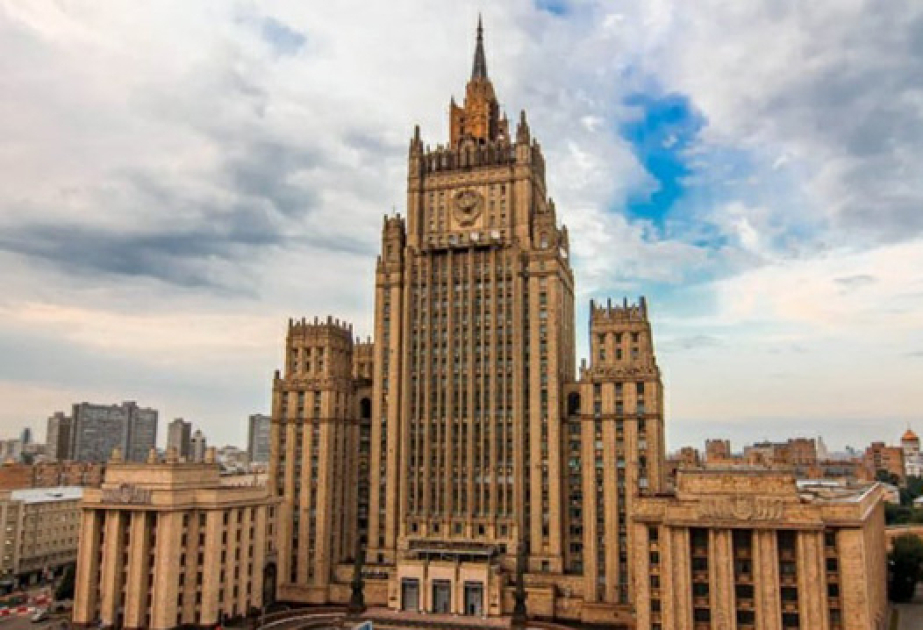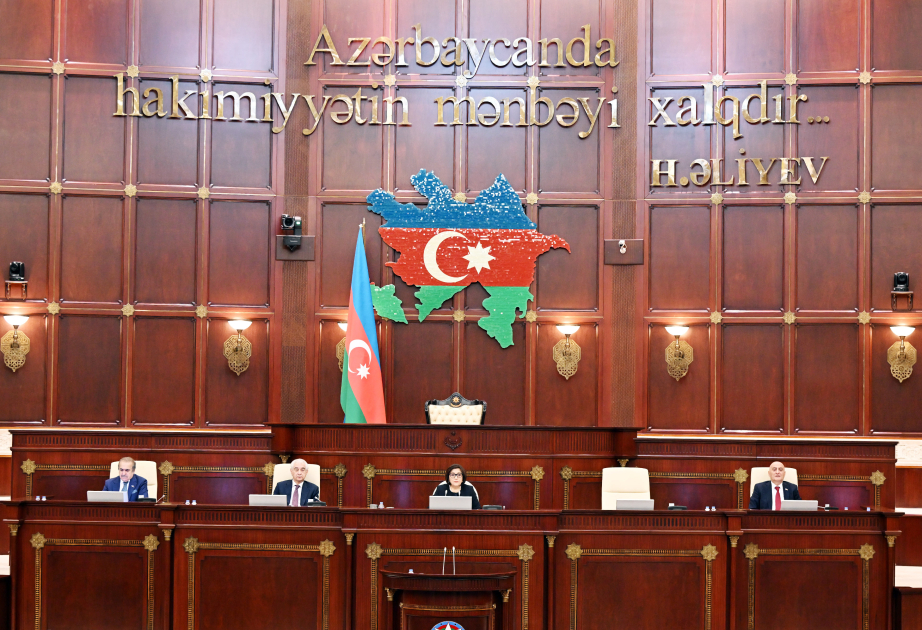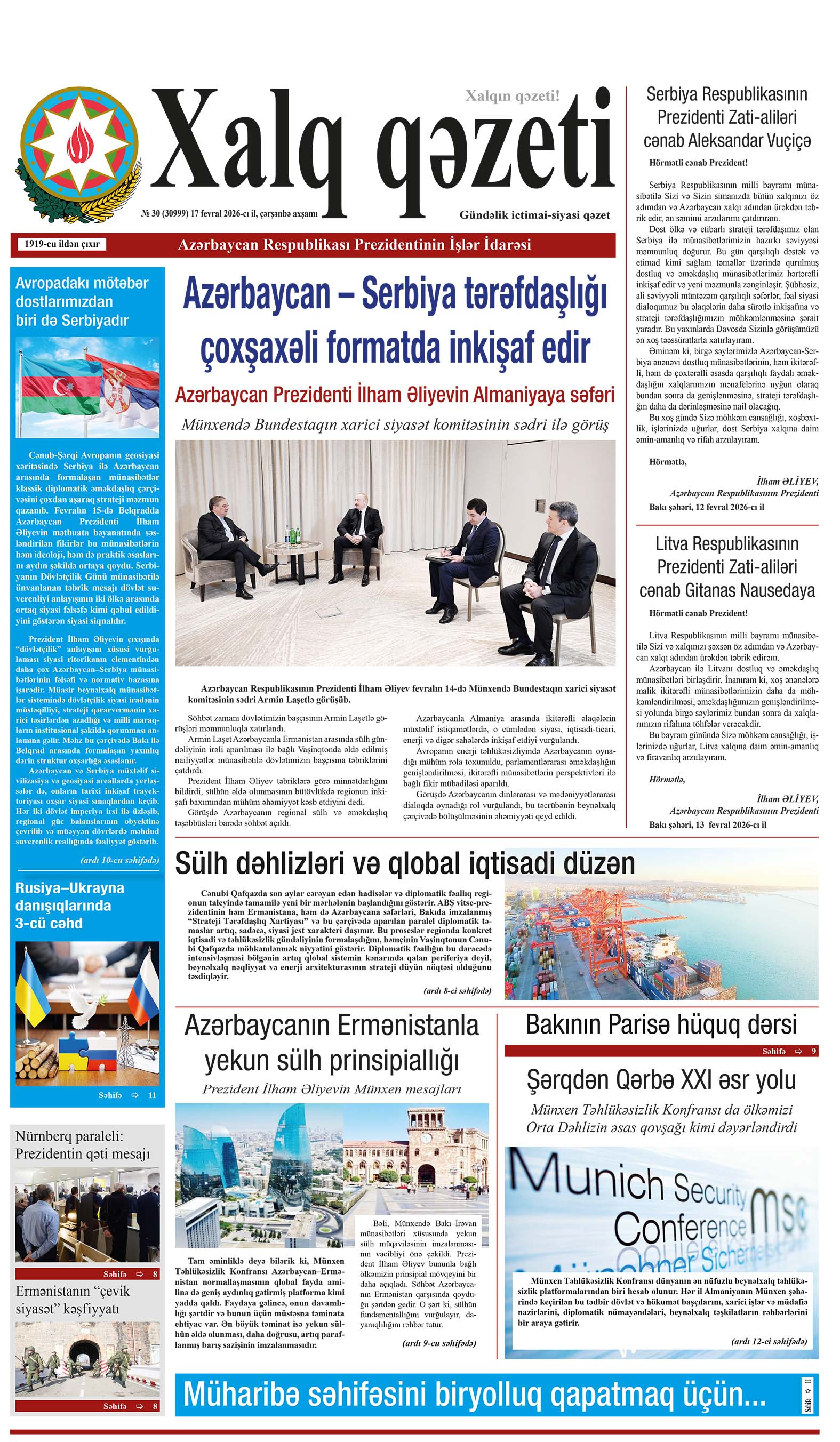The fact that negotiations aimed at advancing the Azerbaijan-Armenia peace process took place in the United States carries significant political and diplomatic importance. The attention given by the U.S., with its democratic traditions and key role in the international relations system, to this process can be regarded as another success of Azerbaijani diplomacy. It also confirms the international recognition of Azerbaijan’s victory in the 44-day Patriotic War and the restoration of historical justice, said Amir Aliyev, Chairman of the Board of the Center for the Promotion of Human Rights, in a statement to AZERTAC.
According to Aliyev, the signing of bilateral documents covering various areas, alongside peace-related agreements between Azerbaijan and Armenia during the U.S. meetings, is a practical manifestation of this cooperation. The U.S. does not sign such significant bilateral documents with every state. The active role of the U.S. in this process underscores its support for Azerbaijan’s domestic and foreign policy, particularly the diplomatic activities led by President Ilham Aliyev, and confirms the U.S. as a key strategic partner.
“The success of Azerbaijani diplomacy and President Ilham Aliyev’s effective diplomatic efforts have led to the signing of these important documents. These agreements address strategic issues such as ensuring peace and stability in the region, the integration of Azerbaijan’s territories, and the opening of communications. In particular, agreements on the Zangezur Corridor are crucial for establishing unhindered connectivity between Azerbaijan’s mainland and the Nakhchivan Autonomous Republic. These projects also contribute to expanding regional cooperation within the TRIO platform framework. At the same time, President Ilham Aliyev, as a leader with deep knowledge of international relations, makes significant contributions to ensuring peace and international security in the region and strengthening global security. It should be noted that for a long time, certain circles maintained a critical stance toward Azerbaijan. However, recent developments demonstrate that the U.S. regards Azerbaijan as one of the region’s key partners and is interested in deepening bilateral cooperation,” the lawyer emphasized.
Aliyev also noted that the U.S. support for peace initiatives and its call for Armenia to fulfill its international legal obligations are of great importance. Armenia’s disregard for these calls and the retention of legal contradictions at the constitutional level can be seen as a lack of seriousness in meeting its international commitments: “Significant obligations have been placed on Armenia regarding the signing of a peace treaty. One of these obligations is the removal of provisions in the Armenian Constitution that contradict the spirit of the peace treaty and the norms of international law. These provisions, based on Armenia’s Declaration of Independence, not only violate the principles of international law but also hinder the establishment of peace in the region. For this reason, amending the Armenian Constitution is one of the key conditions for signing the peace agreement. Failure to do so could create serious obstacles to continuing future negotiations.
President Ilham Aliyev has repeatedly emphasized in his speeches that one of Armenia’s primary tasks is to eliminate provisions in its Constitution that contradict the peace process. These provisions are at odds with the fundamental principles of international law, such as the territorial integrity of states and the inviolability of borders. Thus, aligning Armenia’s current constitutional provisions with international law is a critical condition for signing the peace treaty.”


